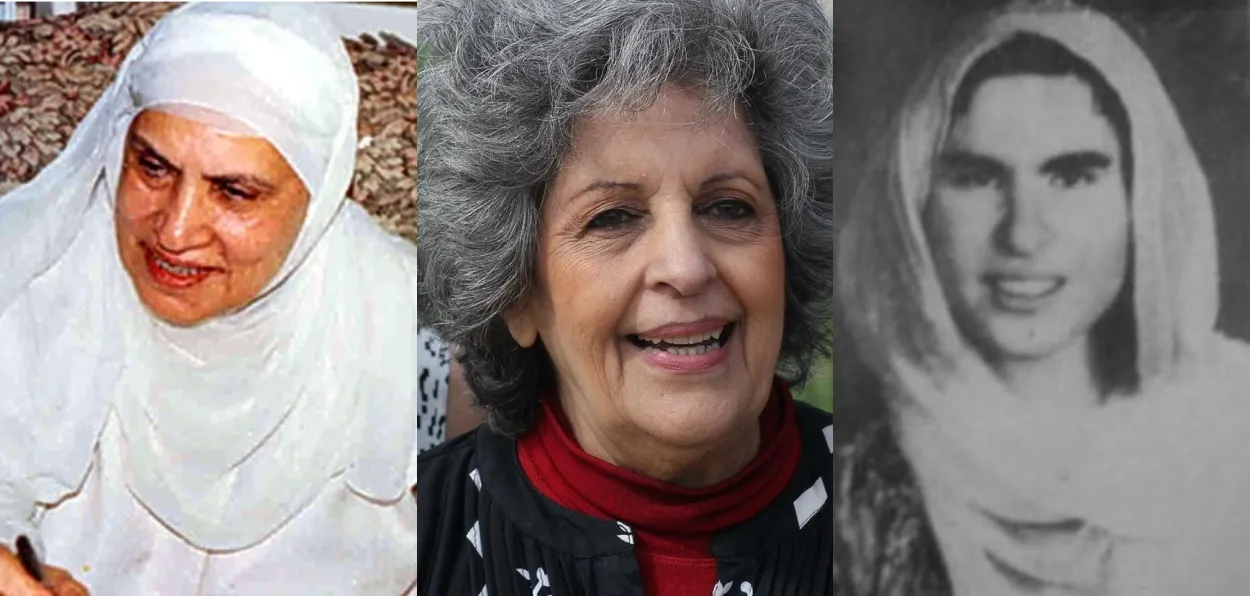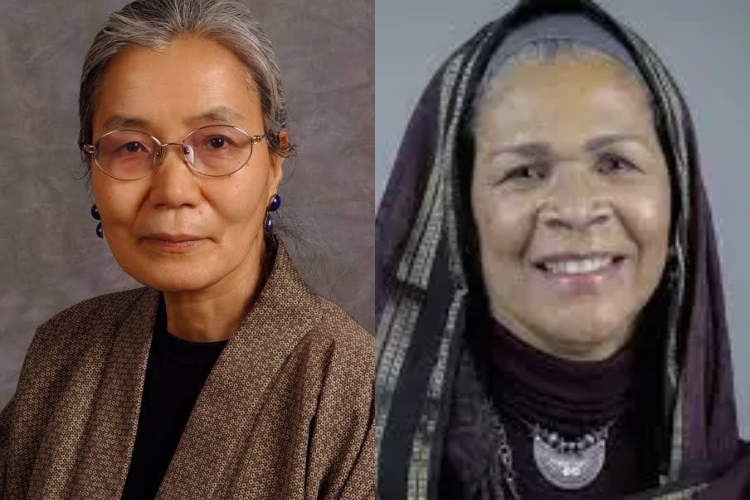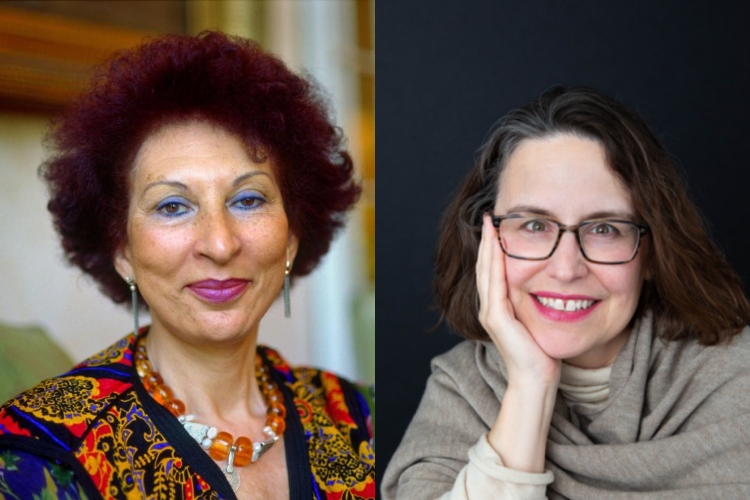
Amir Suhail Wani
Women have consistently played a vital role in preserving, interpreting, and spreading Islam. From its inception, Islam emphasized education and equality for both genders, allowing women to contribute significantly to various Islamic disciplines, including exegesis, Hadith, jurisprudence, and spirituality.
Early on, figures such as Aisha, Hafsa Bint Umar, and Sakina Bint Hussain were pivotal in interpreting and moderating the teachings of the Quran and Sunnah, ensuring their transmission to future generations. In the 8th century, women like Fatima bint Musa and Rabia Al Basri were exemplars of spiritual purity and mystical devotion to God.
UNESCO recognizes that the first university in the world was established by a Muslim woman, Fatima Al Fihriya, in the 9th century AD. In the following years, women such as Karima Al Marwaziyya, Zaynat Bint Umar Al-Kindi, Sitt al-jam, Aisha Al Ba’uniyya, and Sultan Shah Jahan upheld the Islamic values of wisdom, learning, and scholarship. More recently, Akram Nadvi of the Cambridge Islamic College compiled “Al Wafa bi Asma al-Nisa,” a work that underscores the importance and prevalence of women scholars in Islam, featuring over 10,000 entries.
The early 20th century marked a significant period in the history of Islamic scholarship with the notable resurgence of contributions from women scholars. These women adeptly integrated traditional Islamic disciplines with contemporary findings in science, sociology, and literature. Their unique perspectives allowed them to reinterpret traditional Islamic doctrines in the light of modern sciences, infusing their interpretations with insights and experiences rooted in their gender and personal contexts. This fusion of old and new knowledge enriched Islamic scholarship and provided a platform for addressing contemporary issues from a distinctly female viewpoint. Some of them are:
Zainab Al Ghazali
Zainab Al Ghazali (1917-2005) emerged as a pioneering figure in Islamic scholarship. As a prominent Egyptian Islamist activist and scholar, she made history by producing the first complete exegesis (tafsir) of the Quran authored by a woman. Al Ghazali’s exegesis was groundbreaking not only because it was a scholarly work by a woman but also because it combined traditional Islamic scholarship with a modern sensibility. Her interpretations sought to be relevant to the lives of contemporary Muslim women, addressing their unique challenges and opportunities within an Islamic framework. This was a significant contribution at a time when Islamic scholarship was predominantly male-dominated.
Maryam Jameelah
Maryam Jameelah (1934-2012), born Margaret Marcus in the United States, converted to Islam in her twenties and became a prolific writer on Islamic subjects. She wrote extensively on themes such as Purdah (the practice of veiling and seclusion), polygamy, family life, and other social issues from a Muslim woman's perspective. Jameelah’s works were a direct response to Western critiques of Islam and the position of women within it. Through her writings, she aimed to rebut Western stereotypes and biases, presenting an Islamic worldview that emphasized the moral and spiritual advantages of Islamic practices. Her work provided a counter-narrative to the prevailing Western discourse, highlighting the depth and dignity of the Islamic way of life.

Amina Wadud and Laleh Bakhtiar
The scholarship of Zainab Al Ghazali and Maryam Jameelah paved the way for subsequent generations of Muslim women scholars. By addressing contemporary issues through an Islamic lens, they demonstrated that traditional Islamic teachings could be harmonized with modern knowledge and sensibilities. This blending of tradition with modernity did not merely serve academic purposes but also had profound social implications. It empowered Muslim women to engage more deeply with their faith and to articulate their perspectives within the broader Islamic discourse.
In the 21st century, the landscape of women's Islamic scholarship has continued to evolve with figures who have embraced progressive and modernist approaches. These scholars have reasserted women's voices in the discourse of Islamic thought, often challenging the patriarchal interpretations that have dominated for centuries.
Amina Wadud: Amina Wadud is another influential scholar known for her feminist interpretations of the Quran. Her book "Qur'an and Woman" challenges traditional patriarchal readings and emphasizes the egalitarian ethos of Islam. Wadud has also been an advocate for women's leadership roles within Islamic worship, famously leading mixed-gender prayers, which sparked both support and controversy.
Sachiko Murata: Sachiko Murata, a professor of Islamic studies, has contributed significantly through her scholarly works that explore the intersection of Islamic mysticism (Sufism) and gender. Her book "The Tao of Islam" is a seminal work that delves into the metaphysical and philosophical aspects of Islamic teachings, offering a nuanced understanding of gender roles that transcend simplistic binaries.
 Fatima Mernissi and Kecia Ali
Fatima Mernissi and Kecia Ali
Fatima Mernissi: Fatima Mernissi (1940-2015), a Moroccan sociologist, explored the historical and social contexts of Islamic teachings related to women. Her works, such as "Beyond the Veil" and "The Veil and the Male Elite," critically examined how patriarchal structures have influenced the interpretation of Islamic texts and law.
Kecia Ali: Kecia Ali is a contemporary scholar whose research focuses on Islamic law and ethics, particularly concerning marriage, sexuality, and slavery. Her book "Sexual Ethics and Islam" addresses complex issues around these topics, providing a critical analysis that challenges traditional views and promotes a more equitable understanding of Islamic teachings.
ALSO READ: Lucknow's Chinhat mosque held a yoga session on International Yoga day
These scholars and many others have significantly influenced the field of Islamic studies by incorporating modern scientific, sociological, and literary insights into their work. Their efforts have not only enriched Islamic scholarship but have also provided a platform for Muslim women to assert their intellectual and spiritual agency. By challenging patriarchal monopolies and offering reinterpretations of the Quran and Sunnah, these women have opened up new avenues for understanding Islam in a way that resonates with contemporary concerns and promotes gender justice.
